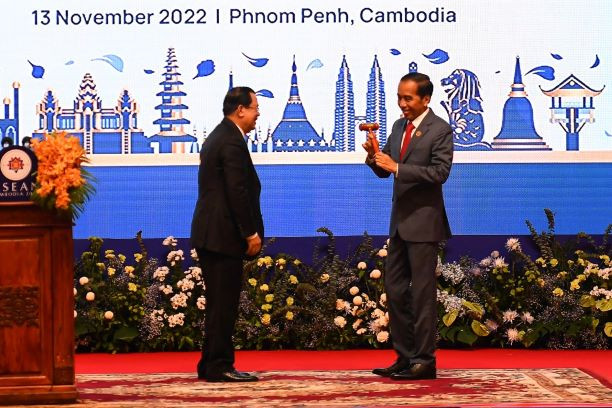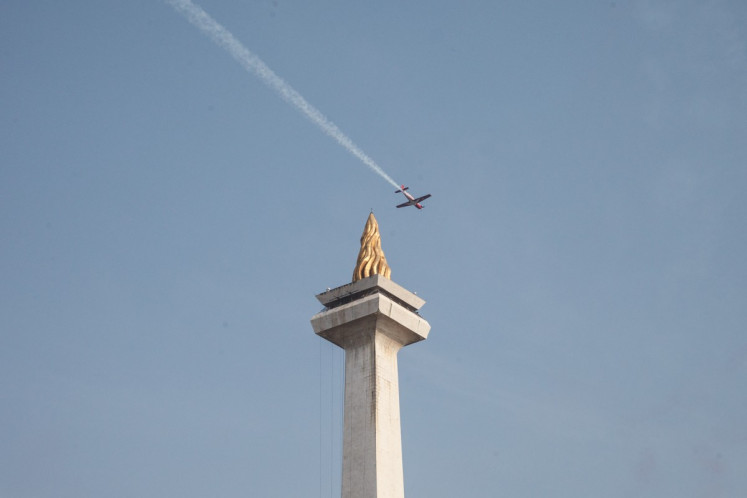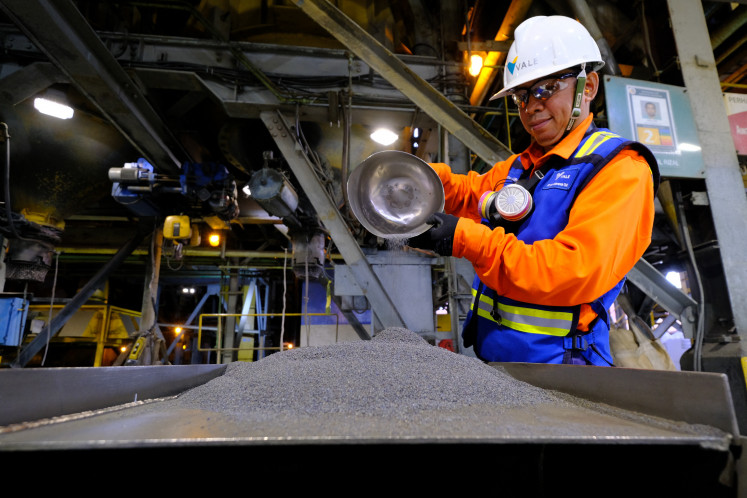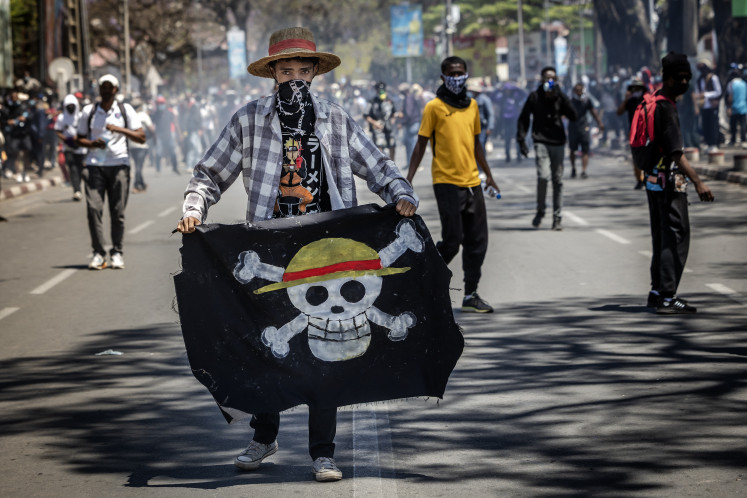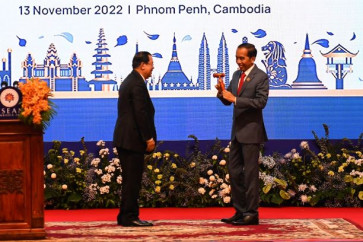Popular Reads
Top Results
Can't find what you're looking for?
View all search resultsPopular Reads
Top Results
Can't find what you're looking for?
View all search resultsAdopting G20 success in ASEAN meetings and summits
Jokowi says he will prioritize economic cooperation, not only among ASEAN member states, but in more strategic, multilateral collaboration with industrialized and advanced nations.
Change text size
Gift Premium Articles
to Anyone

As next year’s chair of ASEAN, Indonesia under President Joko “Jokowi” Widodo can repeat and adopt the strategy that has led it to a successful Group of 20 presidency. Of course, there are stark differences between the two organizations, including in terms of economic well-being and level of democracy, but Jokowi stands a good opportunity for scoring a back-to-back win.
First and foremost, Jokowi enjoys an organizational advantage in the form of the ASEAN Secretariat, which eludes the G20. Moreover, the secretariat sits in Jakarta. For Jokowi, the ASEAN Secretariat, on top of his ministers and government officials, can help him accelerate the regional bloc’s activities aimed at realizing its agenda under Indonesia’s chairmanship.
Jokowi apparently will prioritize economic cooperation, not only among ASEAN member states, but more strategically, multilateral collaboration with industrialized and advanced nations within international mechanisms such as the Regional Comprehensive Economic Partnership (RCEP), the Indo-Pacific Economic Framework for Prosperity (IPEF) and free trade agreements with other countries or regional blocs. In order to succeed, ASEAN members must put unity in values and goals before differences in national interests.
The vital role of sherpas in the G20 as personal representatives of the leaders can be applied at the East Asian Summit (EAS), where ASEAN talks with dialogue partners such as China, the United States, Russia, Japan and South Korea. With the assistance of the sherpas, the ASEAN leaders can convey their views to their colleagues to be discussed more thoroughly.
But first of all, President Jokowi should ensure Myanmar’s junta leader does not become a stumbling block for the progress of the regional grouping. Suspension, if not expulsion, of the junta from any ASEAN decisionmaking, and the inclusion of Myanmar’s government in exile, the National Unity Government (NUG) as well as other credible representatives of Myanmar’s ethnic groups in all ASEAN agendas, should be a priority for Indonesia.
ASEAN is becoming a powerful magnet for all major countries, politically, economically and in terms of global security. ASEAN is also the center of attention for the world’s major powers, in the context of the rivalry between the US, with the support of its Western allies, and China. They are trying to cement their influence in the Indo-Pacific area, including the South China Sea.
ASEAN is one of the world’s largest markets along with the African Union and the European Union and other regional blocs. The 11-member ASEAN (Timor Leste will officially join the club next year) has a total gross domestic product per capita value of US$3.36 trillion, including $1.19 trillion from Indonesia. The population is 667.39 million people including 272.27 million Indonesians. ASEAN as a group is Asia’s third-largest economy after China and Japan.

